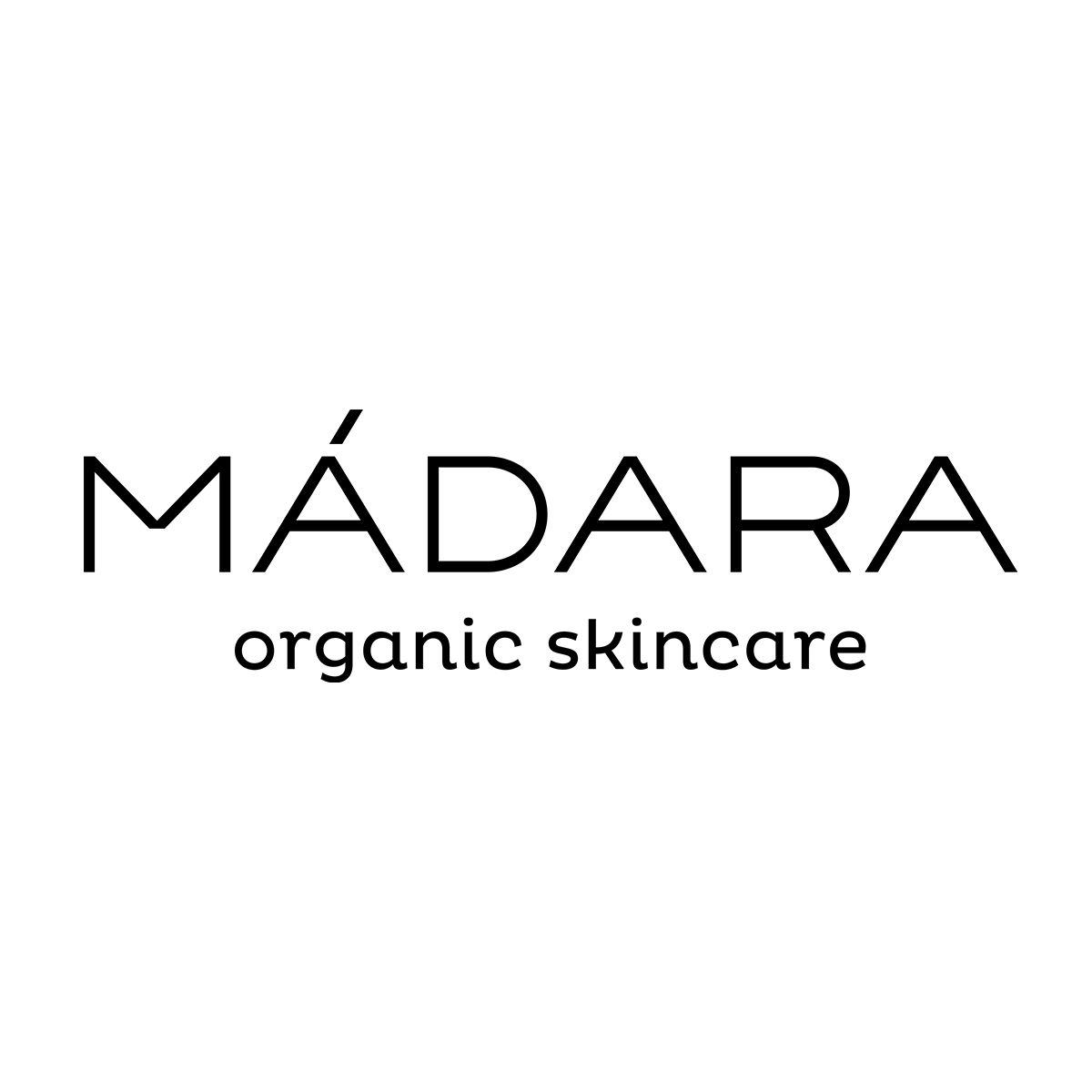

Madara Cosmetics

Mārupe Municipality, Latvia
March 2025
Personal care products
Manufacturing
Austria,
Belgium,
Czech Republic,
Denmark,
Estonia,
Finland,
France,
Germany,
Hungary,
Ireland,
Italy,
Latvia,
Lithuania,
Netherlands The,
Poland,
Portugal,
Slovakia,
Spain,
Sweden,
Switzerland,
United Kingdom
Founded in 2006, AS MADARA Cosmetics is Latvia’s largest beauty manufacturer and the company behind MÁDARA — the pioneering skincare and makeup brand, known for its certified clean formulas, scientific approach and deep-rooted respect for nature. With its own lab and advanced production facility in Riga, Latvia, AS MADARA Cosmetics remains an independent, vertically integrated manufacturer — proudly outside the mainstream and obsessively hands-on. A multidisciplinary in-house team of chemists, product development specialists, designers and marketers works in close collaboration with cell biologists, dermatologists and makeup artists to bring every product to life. This model ensures transparency, traceability and product integrity from formula to shelf. MÁDARA formulas are natural and organic, ECOCERT/COSMOS certified, dermatologically proven, vegan-friendly and cruelty-free, made from sustainably sourced ingredients that support both communities and ecosystems. Female-founded, rooted in Northern nature and guided by scientific innovation, MÁDARA is committed to responsible beauty. The company actively supports environmental, social and cultural initiatives, weaving purpose into both its products and its presence. AS MADARA Cosmetics has been a Nasdaq-listed company since 2019.
Overall B Impact Score
Governance 9.2
Governance evaluates a company's overall mission, engagement around its social/environmental impact, ethics, and transparency. This section also evaluates the ability of a company to protect their mission and formally consider stakeholders in decision making through their corporate structure (e.g. benefit corporation) or corporate governing documents.
What is this? A company with an Impact Business Model is intentionally designed to create a specific positive outcome for one of its stakeholders - such as workers, community, environment, or customers.
Workers 26.1
Workers evaluates a company’s contributions to its employees’ financial security, health & safety, wellness, career development, and engagement & satisfaction. In addition, this section recognizes business models designed to benefit workers, such as companies that are at least 40% owned by non-executive employees and those that have workforce development programs to support individuals with barriers to employment.
Community 20.1
Community evaluates a company’s engagement with and impact on the communities in which it operates, hires from, and sources from. Topics include diversity, equity & inclusion, economic impact, civic engagement, charitable giving, and supply chain management. In addition, this section recognizes business models that are designed to address specific community-oriented problems, such as poverty alleviation through fair trade sourcing or distribution via microenterprises, producer cooperative models, locally focused economic development, and formal charitable giving commitments.
Environment 22.7
Environment evaluates a company’s overall environmental management practices as well as its impact on the air, climate, water, land, and biodiversity. This includes the direct impact of a company’s operations and, when applicable its supply chain and distribution channels. This section also recognizes companies with environmentally innovative production processes and those that sell products or services that have a positive environmental impact. Some examples might include products and services that create renewable energy, reduce consumption or waste, conserve land or wildlife, provide less toxic alternatives to the market, or educate people about environmental problems.
What is this? A company with an Impact Business Model is intentionally designed to create a specific positive outcome for one of its stakeholders - such as workers, community, environment, or customers.
Customers 2.4
Customers evaluates a company’s stewardship of its customers through the quality of its products and services, ethical marketing, data privacy and security, and feedback channels. In addition, this section recognizes products or services that are designed to address a particular social problem for or through its customers, such as health or educational products, arts & media products, serving underserved customers/clients, and services that improve the social impact of other businesses or organizations.